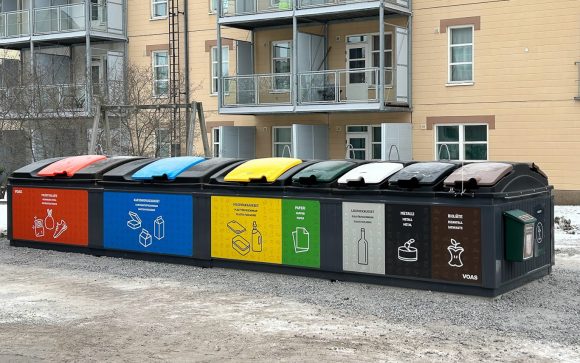The integration of AI into B2B sales processes holds great promise for reaping business benefits. One potential approach is to use AI-based recommendation system that speeds up the sales process and improves offer quality.
Companies can derive significant advantages from AI-driven B2B sales. For example, more accurate sales predictions, improved understanding of customer behavior, higher success rates in offers, and dynamic pricing. To provide a concrete example, we will showcase how Finnish companies Molok Oy and Wapice Oy expect the results of InnoSale research project to improve their sales processes and products.
The current blog marks the conclusion of our series, where we explored various facets of AI-driven sales, including use cases (Part I), stakeholder roles (Part II), data wrangling (Part III), and the confidentiality of analysis results (Part IV). In May 2024, the InnoSale project will host a webinar presenting the highlights from this blog series. During the webinar, companies will engage in a roundtable discussion to share their perspectives on AI-driven B2B sales. Blogs are published at https://www.innosale.eu/. Please also join our webinar 29.5.2024 14:00-15:30 Finnish time (13:00-14:40 CET), registration link.
B2B sales challenge originates from area specific customer needs
Molok is a leading provider of waste management products in Finland and has been extending its market area to other Nordic countries and Europe. The company provides waste containers and accessories (see Figure 1). In waste management business, regulations play a strong role in shaping customer demand. These regulations typically specify certain waste fractions to be collected based on the size and location (urban or countryside) of the households producing the waste. There are also variations in how regulations are implemented locally. For example, indicative colours for specific waste type may differ from an area to another or local contractors use different waste collection vehicles and equipment which must be taken into account when creating an offer.


